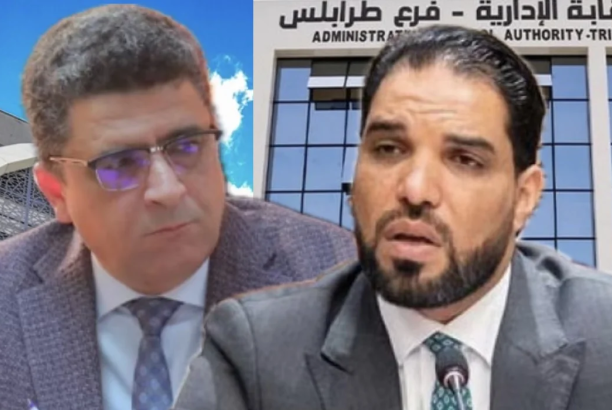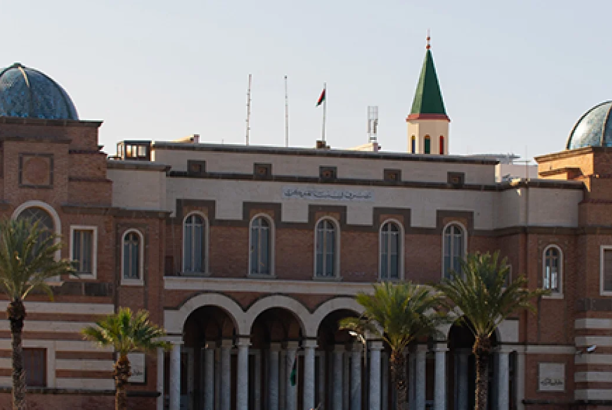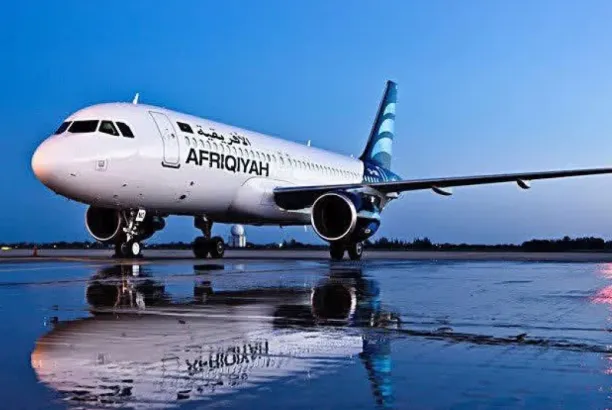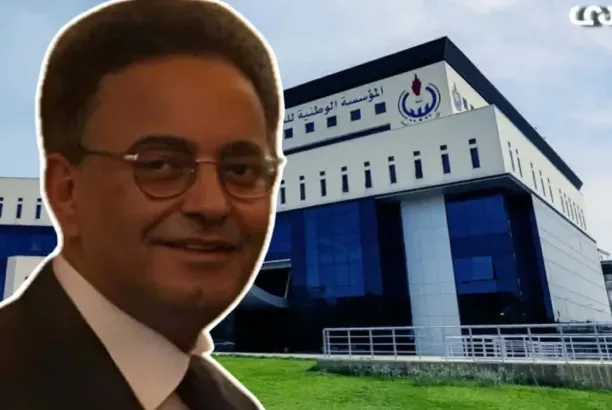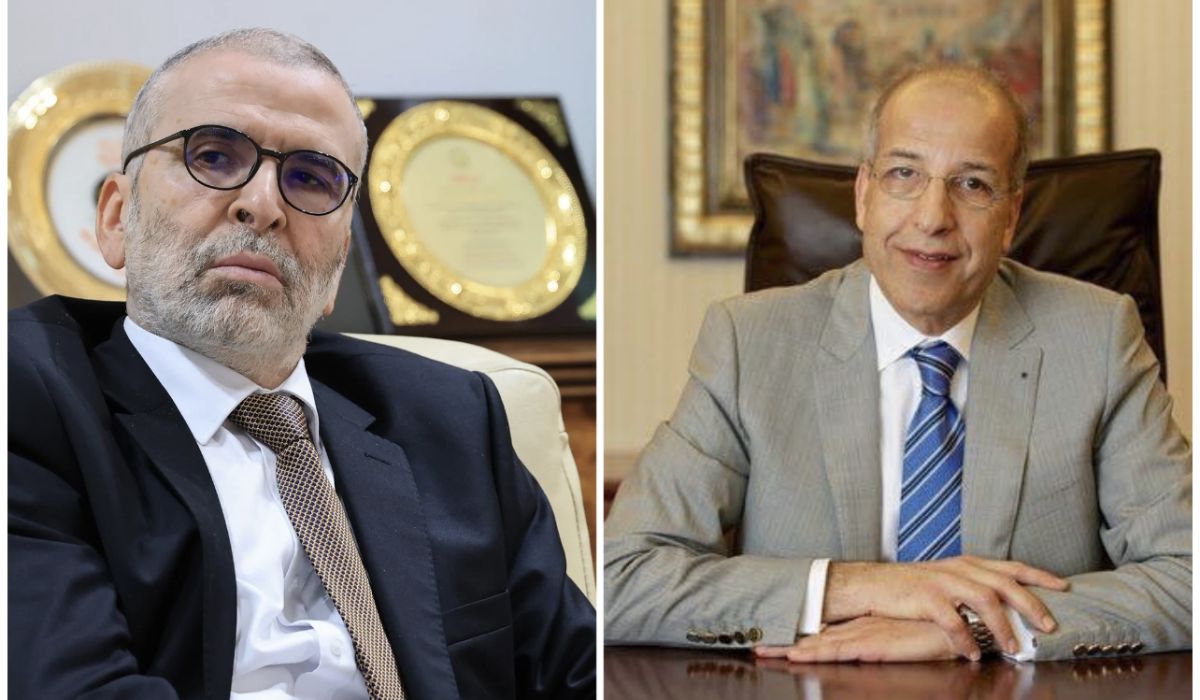
| News
Our informed source reveals the details of the discussions that took place in the presence of Al-Kabeer and Sanalla and what oil revenues will become
Our informed source revealed, in an exclusive statement, the details of the meeting that took place yesterday between the US ambassador, the adviser to the General Secretary of the United Nations, the governor of the Central Bank of Libya and his deputy, the head of National Oil Corporation, a government delegation, the European Union ambassador, the director of the US Treasury Department, the Egyptian ambassador to Libya, a representative of the Presidential Council, and a number of of local and international officials.
The source said: « The meeting dealt with the release of oil revenues and their registration for the account of the government, stressing the request of the Head of State for National Unity Government Affairs, Adel Jumaa, to record all revenues to finance the investment budget, but the focus of the international community shortened their request to finance the budgets of National Oil Corporation.
The source revealed that the Governor of the Central Bank of Libya Seddiq Al-Kabeer refrained from financing all of its objectives, due to the corporation’s retention of oil revenues, and the House of Representatives’ decision is directed to the Bank of Libya through which the exchange orders are limited to salaries and support.
According to the source, Sanalla indicated that the Corporation retains oil revenues with the Libyan Foreign Bank in Libya until an agreement is reached on a budget and so that none of the parties to the conflict argues and cuts off oil supplies if one party is financed against the other.
Regarding financing the expenses of the National Oil Corporation, the source said that Al Kabeer said that the lack of funding is due to the Parliament’s decision not to finance investment expenses and that most of the NOC’s budget is mostly investment.
He continued, saying: « As for the clearing, the exchange rate, and the unification of the Bank of Libya, it received little attention and the repetition of good intentions, even though the six-month map, which was agreed to be effective and complete, is nothing new. »


